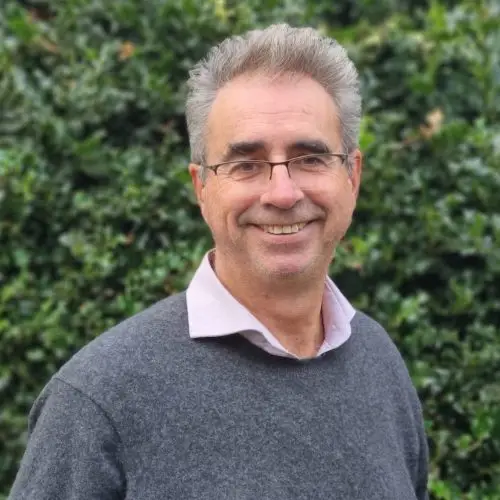BBC Radio Kent interview Nic Seal about new book “Japanese knotweed – Unearthing the Truth”
Following the publication of “Japanese knotweed – Unearthing the Truth”, a new 148 page book written by Nic Seal, BBC Radio Kent “Sunday Gardening” picked up on the story with a 10 minute interview on 12 August 2018.
Nic’s book, available through a number of high street bookshops and at Amazon for £14.99 traces the spread of the “root of evil” from its native habitat in Asia, through Europe and into the UK and explains why it is described as “indisputably the UKs most aggressive and destructive plant”. He questions whether it deserves this fierce reputation and concludes that the “root of evil” that is valued in the East, may also have value here in the West. Over 20 years’ of experience is distilled to create a beautifully illustrated and informative guide to this vital subject containing over 70 photographs, an essential read for anyone affected by Japanese knotweed.
BBC Radio 4 “You and Yours” also broadcast a story about Japanese knotweed last week. The reporter interviewed Nic at a property in Cambridge, being worked on by Environet’s local team. Nic explained the various treatment and removal options for those whose properties are affected. He explained why the Cambridge customer decided to opt for Environet’s Resi-Dig-Out;
“The customer had been treating the knotweed with herbicide for over 5 years and experienced continued regrowth. This is quite common, as incorrect herbicide treatment fails to kill the root system. It’s easy to be fooled into thinking the plant is dead when the above ground part of the plant wilts and dies. Unfortunately what often happens is that temporary dormancy is induced, which makes it very difficult to kill with further herbicide treatment, meaning that regrowth can be expected for years to come. The better way, chosen by the Cambridge client, is to physically remove the offending root and rhizome material, it’s quick, it’s more effective and it’s guaranteed for 10 years. It is however a job for experts, because if you leave any small fragments of rhizome material, they will grow back.”
The spread of knotweed into the neighbouring property was imminent, creating significant legal liabilities for the owner. In a recent case at the Court of Appeal, judgement reinforced that property owners who allow knotweed to spread to neighbouring land can be held liable for the costs of treatment, and, more importantly, for the diminution of value to that property. The owner has extinguished that threat by employing Environet to physically remove the knotweed.”
Nic warns prospective purchasers of property to be wary when purchasing properties affected by knotweed – there’s a large number of sellers who don’t disclose the presence of knotweed, despite the legal requirement to do so. Nic comments; “We’re seeing an increasing number of misrepresentation claims against sellers who give false information. With expert help, it’s easy to prove misrepresentation, resulting in large costs for the seller. It is simply not worth trying to conceal knotweed”.
Click here if you would like to buy a copy of Nic’s book.



